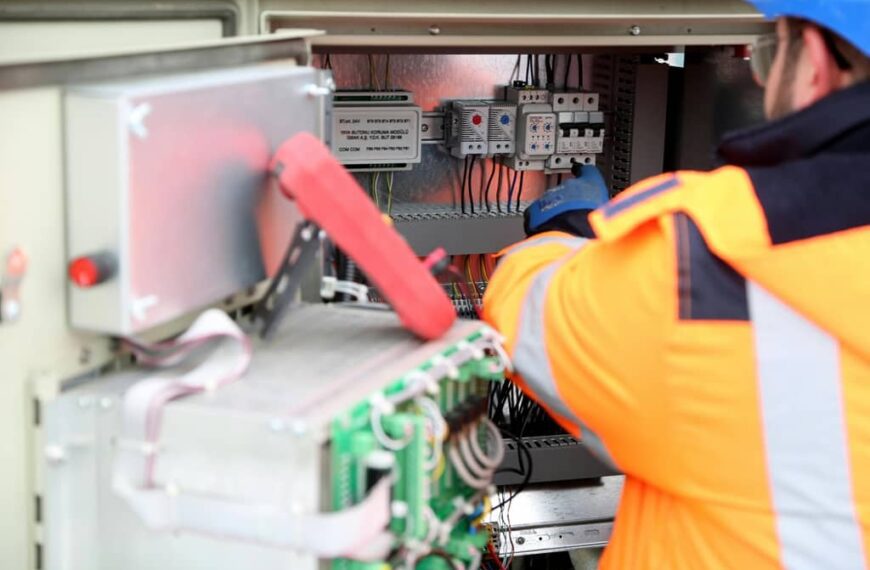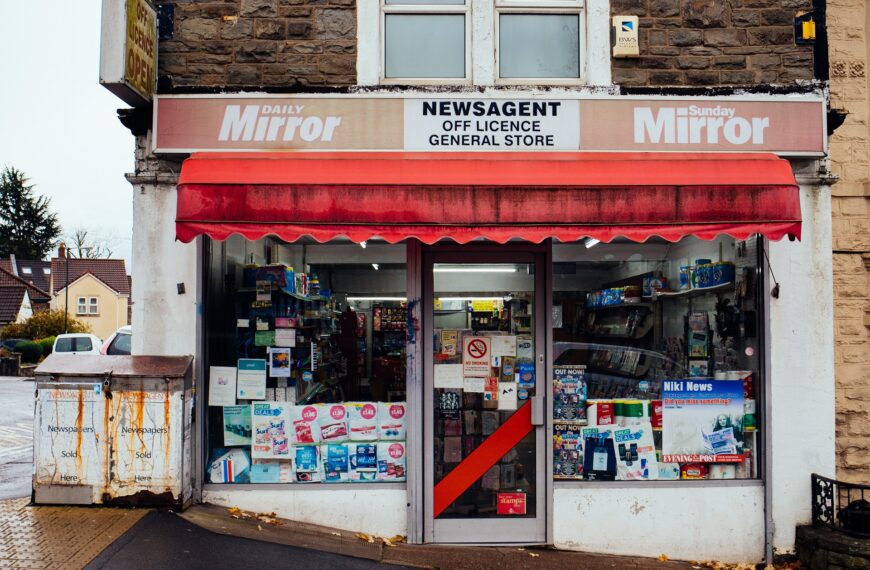
What is a pre-pack administration?
Let’s look at the what, why and how of pre-pack administration.
Why would a company strike-off be suspended?
Understand why a company strike-off may be suspended, from creditor
objections to legal disputes and tax investigations. Ensure a smooth closure with FA Simms.
The director’s guide to business rescue
What is business rescue? If your business is approaching insolvency, what can you do now to recover the situation? We review your options.
What is company administration?
‘What is company administration?’ Explore the definition, process and benefits of company administration. Could it be a solution for your business?
Understanding limited liability
Everything you need to know about limited liability as a company director or shareholder. Insolvency support and business rescue solutions.
Can I liquidate my company and start again?
Our experts explore the process of liquidating a company, including the proper procedures to take so you can embark on a new venture.
Sole trader vs limited company
Sole trader vs limited company is an important consideration when starting on a new business venture. We look at pros and cons when choosing between them.
Can a company recover from insolvency?
Can a company recover from insolvency” is a question we’re commonly asked. The good news is that insolvency doesn’t have to mean the end of your business.
Options for company directors who can’t afford to liquidate their company
Many companies that have struggled to regain profitability after Covid, Brexit and continued inflation are looking to liquidate. But what if you can’t afford to liquidate your company?
Get expert advice for your business
Speak directly to someone who can give professional advice,
with no obligation to use our services in the future.









